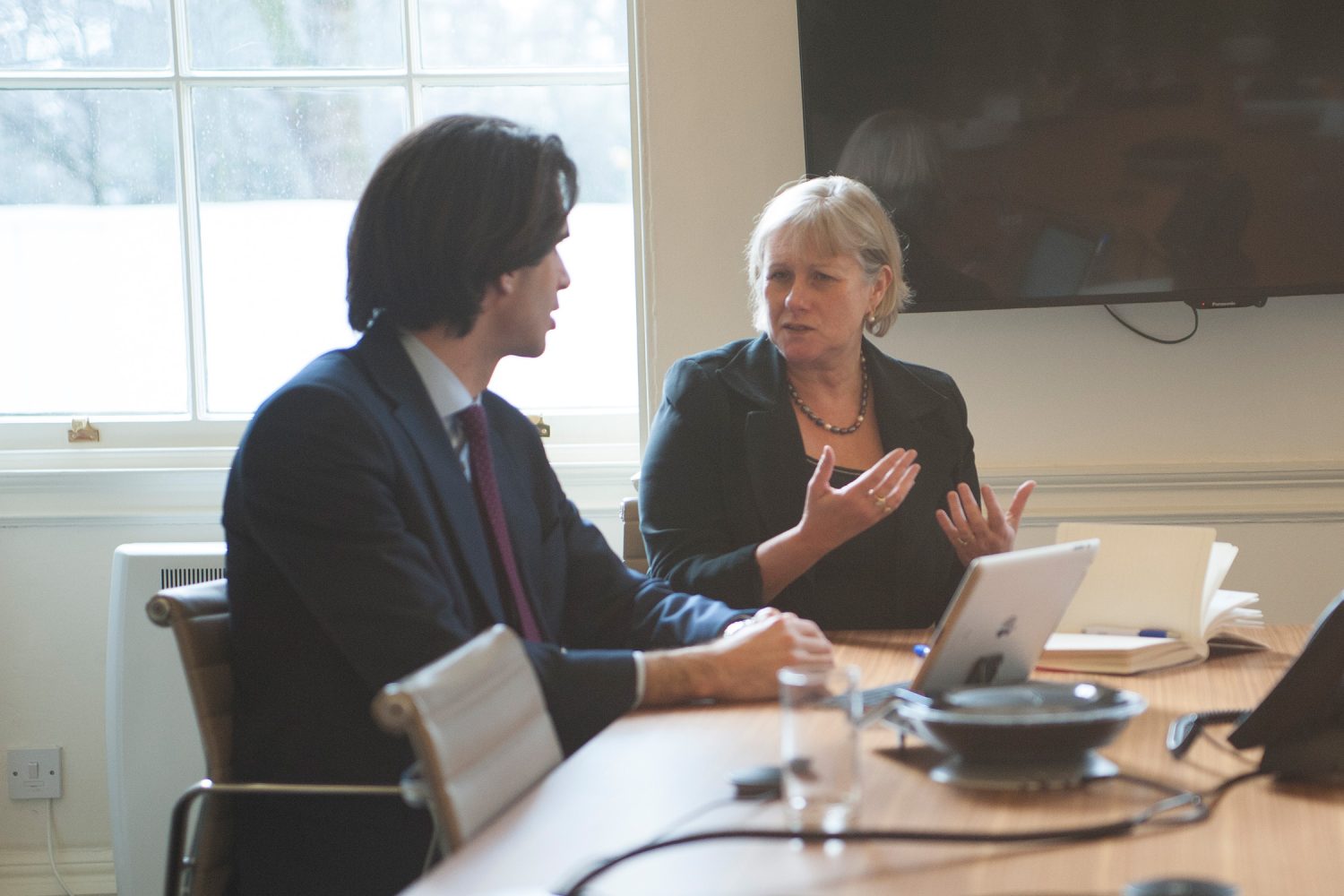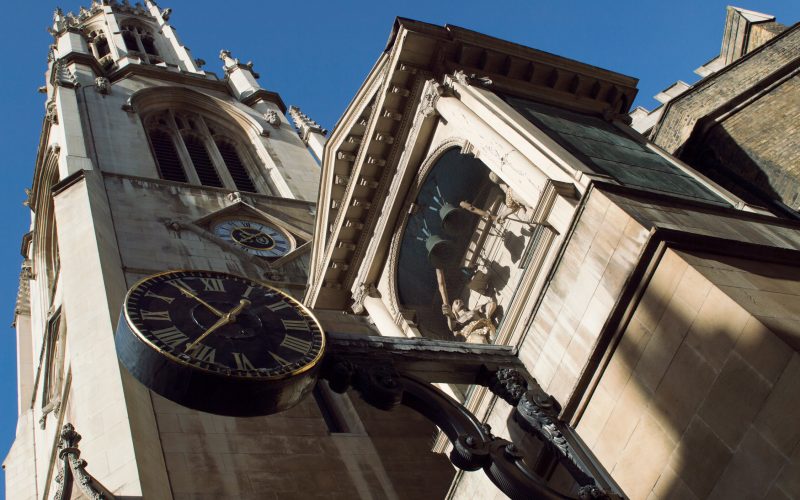'One of the pre-eminent traditional chancery sets in London' - Chambers UK
We appreciate that it is not easy to gain much insight into what pupillage is like at a particular chambers before you actually experience it. The Bar is now highly specialised and so the type of work done by different chancery sets can vary widely. We are therefore keen to give you as much information as possible in order that you can make an informed choice about whether to apply. Below we answer some of the common questions that are asked of us. However, if there is something that we have not answered, please fill out the enquiry form below.
5 Stone Buildings is one of the leading chancery sets of chambers. Our work is described either as ‘traditional chancery’ or ‘private client’ meaning that it more often than not focuses on the legal problems and financial issues facing individuals than those facing companies or businesses. There is therefore great human interest in the work that we do.
Typical cases include questions of personal taxation, the law of wills and estates, trusts (both onshore and offshore), and real property, as well as the negligence of professionals acting or advising in these areas. 5 Stone Buildings is a leading set of chambers for work related to the Court of Protection, which has jurisdiction over the property and welfare of the mentally incapacitated.
This is not to say, however, that members’ practices are limited to these areas or in any way uniform. We also, for example, do more specialist work such as pensions, art and cultural property, and the law of partnerships. Equally, while the practices of some members have a greater emphasis on non-contentious work, such as advice and drafting, others focus more on litigation.
Under our Pupillage Training Programme, the intention is that pupils will sit with four supervisors. We aim to place pupils with supervisors whose practices have a different focus, to ensure that pupils gain experience in the whole range of work that we do.
We believe that there are three main aims to pupillage:
- Building up knowledge of typical Chancery law problems so that you can confidently advise clients in writing or in conference;
- Developing skills in drafting legal documents: in contentious cases this might involve pleadings or a witness statement; in non-contentious cases an appointment out of a trust;
- Preparing for, observing and (after the first six months) possibly taking part in conferences and hearings. It should be said that in general our second six pupils do not undertake a great deal of their own work, as we consider that pupillage is a learning experience. Given the specialist nature of chambers’ practice areas the majority of the 12 months is required for this. Each year, we provide an advocacy assessment which is aimed at honing the advocacy skills of our pupils.
We therefore ensure that pupils undertake a mix of work in these areas from day to day. Pupils will also attend court with other members of chambers to ensure that a range of court work at all levels is seen and pupils will occasionally be asked to do written work for other members of chambers.
You will find more information in answer to this question in our ‘pupillage in a nutshell’ feature that has been prepared by a recent pupil.
We typically take a decision about tenancy around nine months into pupillage.
Chambers will only take on pupils whom we consider to have a good chance of being offered tenancy – in the unlikely event we do not find anyone who meets this test we will not award any pupillages. In recent years, the almost all of our pupils have been taken on.
As mentioned above, almost all of our recent pupils have been taken on. Going back further in time than this, we have a strong record of placing pupils who are not taken on here at other sets of chambers. Pupil supervisors make every effort to ensure that unsuccessful pupils are placed elsewhere.
Pupillage carries with it an award of up to £75,000. Part of the award is tax free. Chambers also pays for compulsory courses that are undertaken during pupillage.
We recognise that the BPTC year is costly, particularly in terms of the expense of the BPTC course itself, and so we allow up to £25,000 of the pupillage award to be drawn down.

